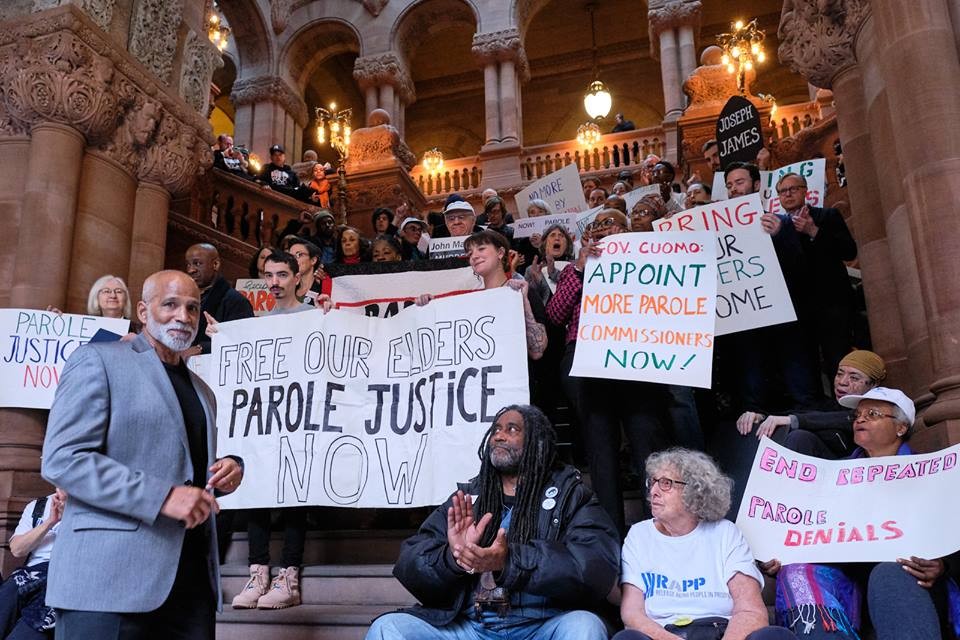
The era of mass incarceration is characterized, in part, by long sentences. The United States, with just four percent of the world’s population, houses more than half of the world’s population of people serving life sentences (with and without parole). In most Western European nations, sentences of more than 20 years are rare, either by statute or in practice. Ending long sentences is critical to the broader efforts to end mass incarceration. While sentencing reform has been foundational to many efforts for change, it has thus far been limited in affecting reductions in the total number of people in prison. We need to look at the back end of the criminal legal system and examine the possibility of changes in parole policy as a strategy towards ending long sentences, and thus, mass incarceration.
Parole policy as it now exists continues the practice of persistent punishment, in particular for those sentenced with violent crimes. Currently, those with life sentences are not eligible for parole until they serve the minimum sentence which is between 15-25 years, sometimes more. Once eligible, many are denied parole, making the length of their incarceration even longer. Changes in and around parole policy have the potential to significantly reduce the length of time that people are incarcerated, both through shortening life sentences, and increasing the rate of parole release.
New York State has one of the highest numbers of people serving life sentences. As of 2017, there were 9,889 serving life sentences (life with and without parole and virtual life). Parole policy has played a central role in NYS in extending the length of sentences beyond the minimum set by the judge. This, after serving unprecedented lengthy sentences. At the same time, New York State has been a place of great activity around challenging parole policy. These efforts are aimed at both reversing the length of the initial sentences through second chance legislation such as the elder parole bill, as well as reducing parole board denials through creating presumptive parole laws and regulations, and transforming parole boards.
In 2015, Columbia University Center for Justice released a report, Reducing Elder Incarceration and Promoting Public Safety, that sought to raise the profile of the crisis of elder incarceration, highlight the benefits of releasing older people, and propose potential remedies. Building on this foundation, we are continuing our work on changing parole policy and ending life sentences. This work includes forthcoming reports, public forums, and convenings for those engaged in this work.
